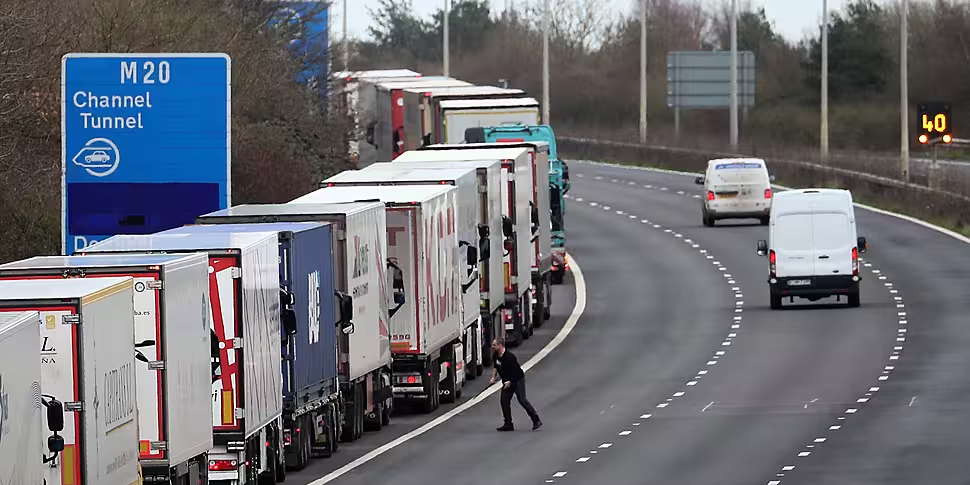MEPs in the European Parliament will have to vote on a Brexit trade deal if it is brokered between the EU and the UK.
They have agreed to hold an extraordinary session later this month if a deal is struck before midnight on Sunday.
There is still no breakthrough on a post-Brexit trade deal between the sides, with fisheries said to be the main sticking point.
The EU's chief negotiator Michel Barnier told MEPs yesterday there were only hours left to broker a deal if it was to enter into force on January 1st.
Meanwhile, British Prime Minister Boris Johnson warned the chances of a breakthrough are "looking difficult".
Talks on a trade deal are continuing today, with both sides warning the chances of an agreement remain in the balance.
Both Downing Street and the European Commission said the negotiations were still "ongoing", but that significant differences remained over fisheries and the so-called level playing field rules.
However, Fine Gael's Dublin MEP Frances Fitzgerald says she is confident the Parliament will vote for the deal if an agreement is reached between the two sides.
She said: "I don't think there will be any question but that the deal will be passed given the tremendous European unity we've seen in relation to it, the trust in Michel Barnier and the trojan efforts put in by his team and really all the leaders in the EU Parliament, they've been endlessly patient."
Earlier, Down to Business with Bobby Kerr heard that it's difficult to distinguish between the normal last-minute nature of the negotiations and whether the talks are in "real trouble".
The economics editor of the Sunday Times David Smith told the programme there doesn't seem to be much left to settle but settling what's left, such as fishing, is "politically difficult".
He said: "I can't quite believe they would allow it to go to no-deal on that and I think there will be a compromise.
"I think it's just about likely that we'll get a deal but I wouldn't put a fiver on it."
There are a lot of reasons to avoid a no-deal Brexit, he added, with higher prices and reduced availability of some goods "not a pretty picture" for consumers.









